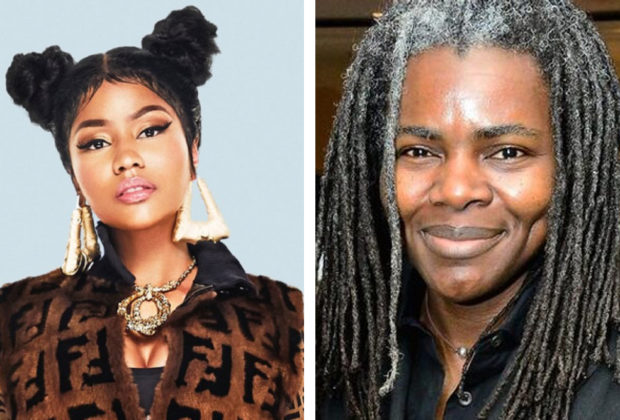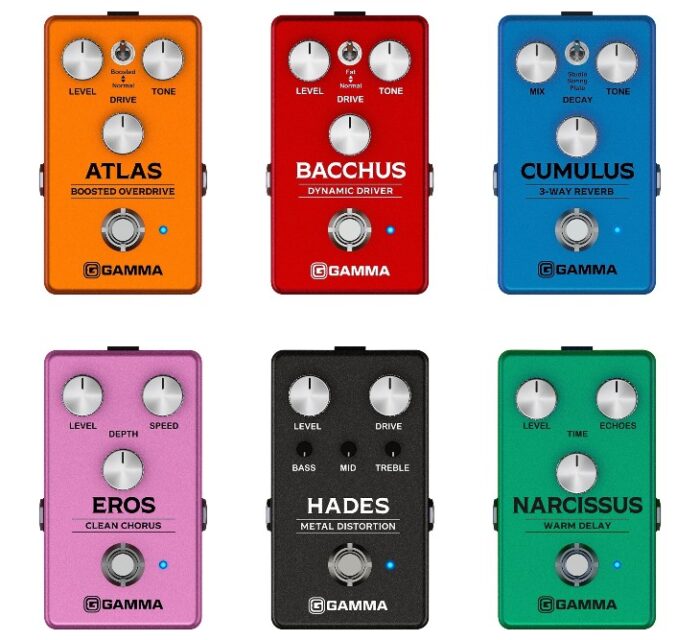During October of 2018 singer-songwriter Tracy Chapman sued rapper Nick Minaj for copyright infringement regarding the 1988 Chapman song “Baby Can I Hold You” (“Song”). Chapman alleges Minaj stole the lyrics and melody from the song.
The history of this dispute is rather unusual in that Minaj never actually released her song with the infringing material. Chapman alleges that prior to the lawsuit, Minaj’s representatives contacted Chapman’s reps and indicated that Minaj was “inspired by Chapman” and wanted to discuss sampling a song. Chapman further contends that beginning in June of 2018 Minaj and her reps made multiple “after-the-fact” requests to license the song. Chapman’s reps denied these requests. In fact, the lawsuit contends that Nicki tweeted “Sis said no” which refers to Chapman’s refusal to license the song to Minaj. This is damaging evidence against Minaj since it would show she knew Chapman had refused to license the song to her.
The Minaj song “Sorry” (which contains the infringing material) was supposed to be included in her new album Queen. However, Minaj did not include it in the album.
Despite the denial of her requests, Minaj allegedly provided a copy of “Sorry” to a disc jockey in New York for the radio station Hot 97 as well as another DJ. The Hot 97 DJ then aired part of the song on the radio and posted it on social media. The infringing song can now be found online.
Chapman claims that Minaj “has caused Chapman to incur substantial injury, loss and damage as a result of her wrongdoing.” Chapman seeks damages and an injunction.
In order to prevail in a copyright infringement action, a plaintiff must prove ownership of a valid copyright (apparently not an issue in this case) and copying of constituent elements of the plaintiff’s work. It appears obvious that Chapman has access to the Chapman song since it was released many years ago. And the copying seems undisputed: Chapman requested a license for the song which was denied and there is actual copying of her song in Minaj’s song.
Most copyright infringement experts think Chapman has a strong case. Minaj’s song “Sorry” uses practically all of the lyrics of the song as a chorus. This appears to be direct copying, which makes it a stronger case than the Robin Thick “Blurred Lines” copyright case.
One defense to a copyright infringement case is “Fair Use.” There are four guidelines court use to determine fair use:
• The purpose and character of the use
• The nature of the copyrighted work
• The amount and substantiality of the portion taken; and
• The effect of the use on the potential market for the plaintiff’s original work.
An example of a situation where fair use could be a successful defense is where the allegedly infringing work is for educational purposes. But in the Chapman case, I don’t see a fair use defense prevailing.
Under these circumstances, I would think this case will likely settle before long. The cost of defense is substantial and I don’t see much chance of Minaj prevailing at trial.
GLENN LITWAK is a veteran entertainment attorney based in Santa Monica, CA. He has represented platinum selling recording artists, Grammy winning music producers, hit songwriters, management and production companies, music publishers and independent record labels. Glenn is also a frequent speaker at music industry conferences around the country, such as South by Southwest and the Billboard Music in Film and TV Conference. Email Litwak at gtllaw59@gmail.com or visit glennlitwak.com.
This article is a very brief overview of the subject matter and does not constitute legal advice.














